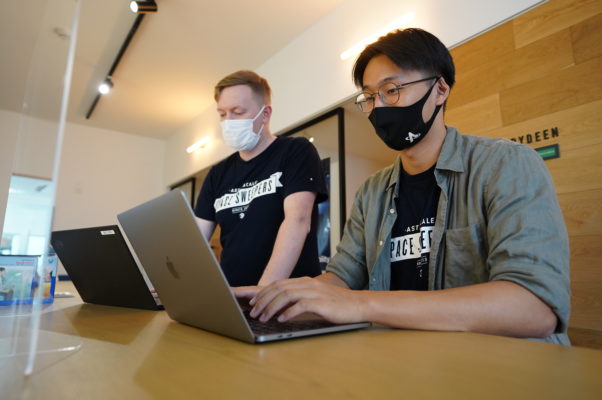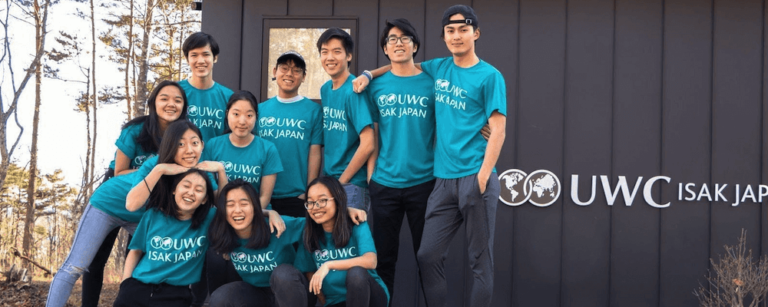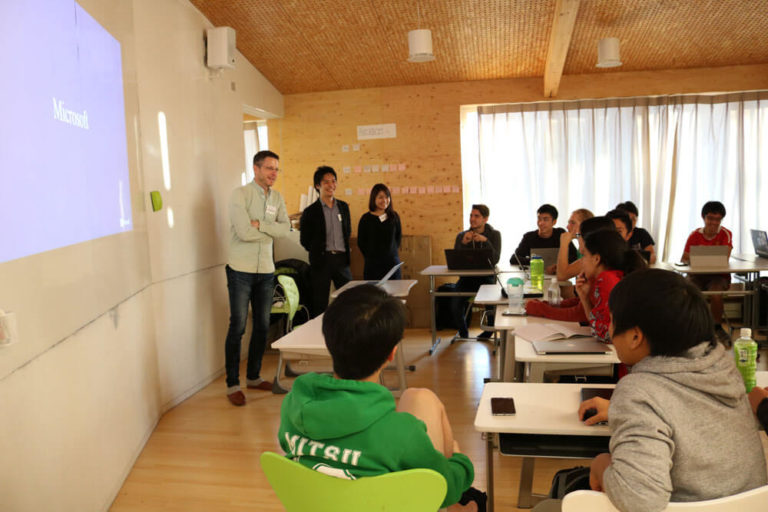Space is where you shine
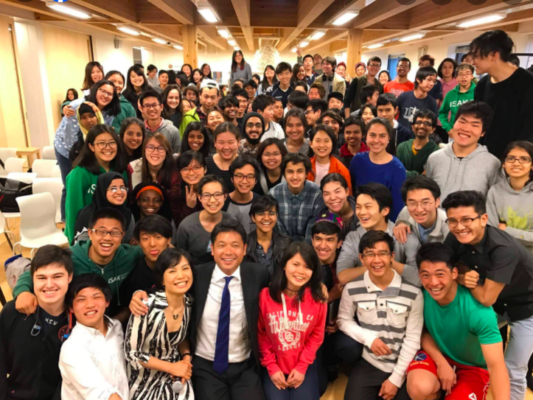
When Yasu (Japan-Taiwan / Class of 2017) heard the phrase “space is where you shine (宇宙は君たちの活躍するところ in Japanese)” something clicked. The words first were first introduced to Yasu by space entrepreneur Nobu Okada at a UWC ISAK Japan conference in 2017, who himself borrowed the phrase from Mamoru Mōri (毛利衛), the first Japanese astronaut to be part of an official Japanese space program. Years later, Yasu is an aspiring space entrepreneur and serves as an engineer at Astroscale, a company specialized in the treatment of space debris founded by the very same Nobu Okada.
Space debris: the great threat
Only two months ago NASA canceled a spacewalk due to potentially dangerous space debris after Russia shot a missile to destroy its satellite on November 16th. These astronauts, who had planned this mission for months, only learned of the cancellation on the morning of the planned spacewalk. It didn’t have to be this way.
What future for space?
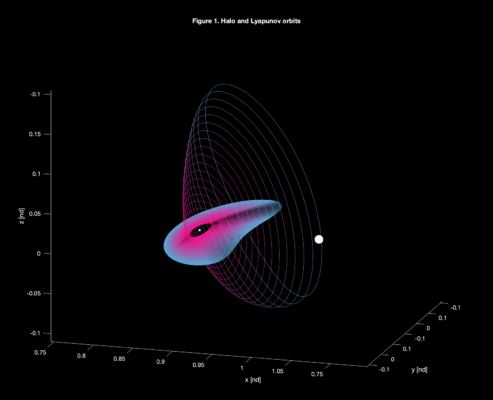
There are around 130 million “Space debris” in orbit around the Earth, a dangerous plague that might become an SDG. As of September 2021, there were about 8000 satellites in orbit around Earth. Companies like Amazon or SpaceX want to launch more than 42000 satellites for a faster network. This would entail an even greater risk for space safety and sustainability.
An extreme optimist
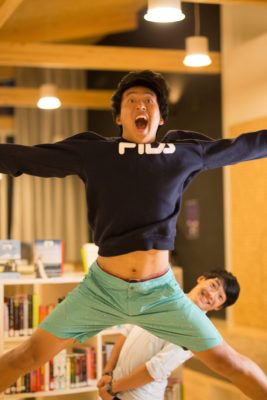
Yasu is part of the UWC ISAK Japan’s Class of Pioneers (aka the Class of 2017) as he enrolled in our school’s very first year. He described this experience as “walking through darkness, but with confidence.” He heard about our high school program when our Head of School Mr. Jemison visited Taiwan, where he was living during Middle School. At that time, Yasu did not speak a word of English. So when he started studying at UWC ISAK Japan, he would learn 10 SAT words per day that he would try to use in daily conversations with friends. This led to amusing discussions.
Education and inspiration
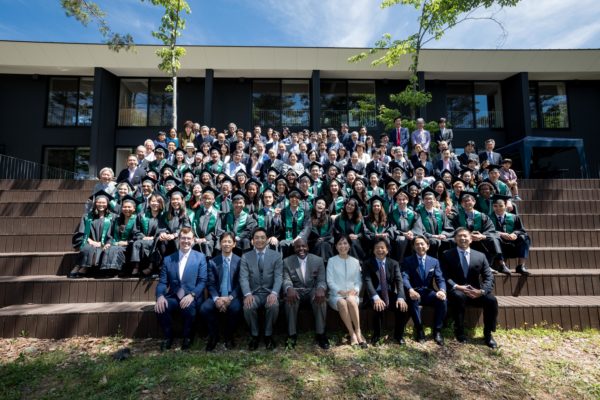
UWC ISAK Japan was a whole new world for Yasu. “It was all about not giving up what is important to you and trying to make your own path. At UWC ISAK Japan, people inspired me to pursue what I really enjoy or want.” One project, in particular, inspired Yasu and the rest of his grade: ISAK Project NEPAL for the recovery of Nepal after the 2015 earthquake. It was the perfect example of students taking action and it helped motivate Yasu to do the same.
Leadership lessons: Dare to try
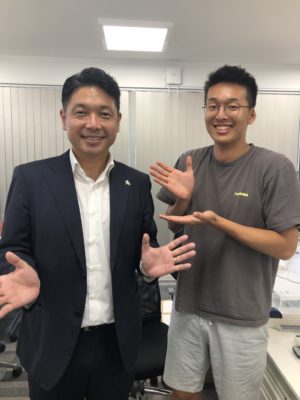
As a student in aerospace engineering at the University of Bristol, Yasu participated in a one-year exchange program at Purdue University, Indiana, which hosts one of the most highly respected Aeronautics and Astronautics programs in the US, if not the world. While there, he became interested in attending orbital dynamics and satellite dynamics classes, but he faced one issue: these classes were reserved for graduate students. However, in true ISAK fashion, Yasu didn’t let this detail hold him back. He simply approached the program leader Dr. Kathleen Howell and asked if he could join—and it worked! And just like that, Yasu gained access to one of the most respected scientists in the field, recognized in 2002 as one of the 50 Most Important Women in Science by Discover magazine.
This small victory, along with Yasu’s trademark resilience and optimism, motivated Yasu to apply for a job that would normally require a 3-year work commitment right after graduation. But, yet again, it worked! He became the first employee at Astroscale who joined them fresh out of college! Yasu is now enjoying his new career at the same company he learned about from its founder, Nobu Okada (with Yasu in photo at left), while still a starry-eyed high schooler at UWC ISAK Japan.
Dreams of stars
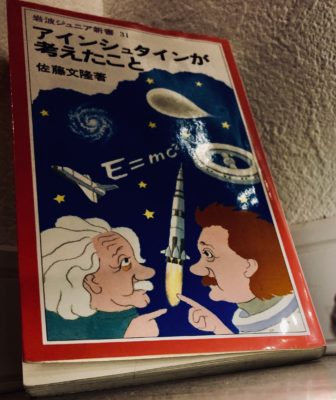
As a space engineer at Astroscale, Yasu is currently simulating a debris-safe orbit for space missions. And ten years from now, his plans are clear: he will be an astronaut. JAXA (Japanese Aerospace Exploration Agency, equivalent to the American NASA) recently announced that for the first time in 13 years, it has once again started recruiting new astronauts. They also announced that they will now be recruiting every 5 years, which is unprecedented.
How to become an astronaut in Japan
JAXA now accepts applicants without a degree. In the past, applicants were required to hold a BA in science or engineering. However, they still need to fulfill a sole requirement: a 3-year work experience. The application consists of four stages. After an application clearance, applicants must take English and general knowledge tests (including maths, geography, physics, chemistry, etc.) This is followed by a thorough health check (there are no doctors in space!) and an athletic test.
Yasu is currently working toward the 3-year work experience requirement to apply for JAXA’s astronaut programs. Knowing Yasu, we have no doubt he will go for it. And soon, we will see him in space -“in the dark, but with confidence.”
